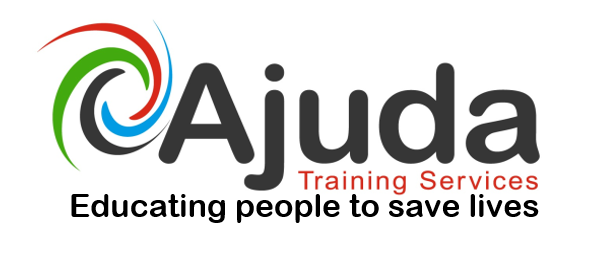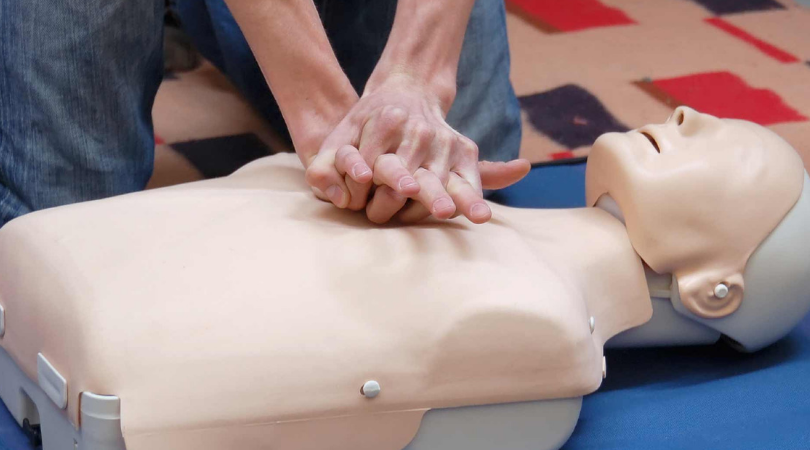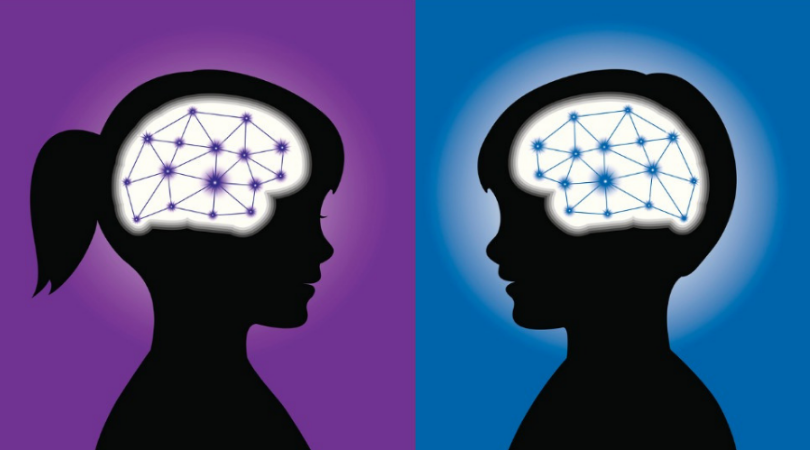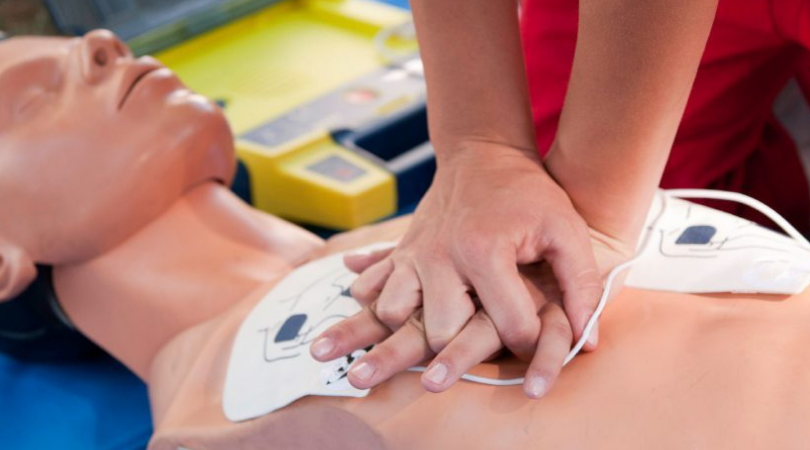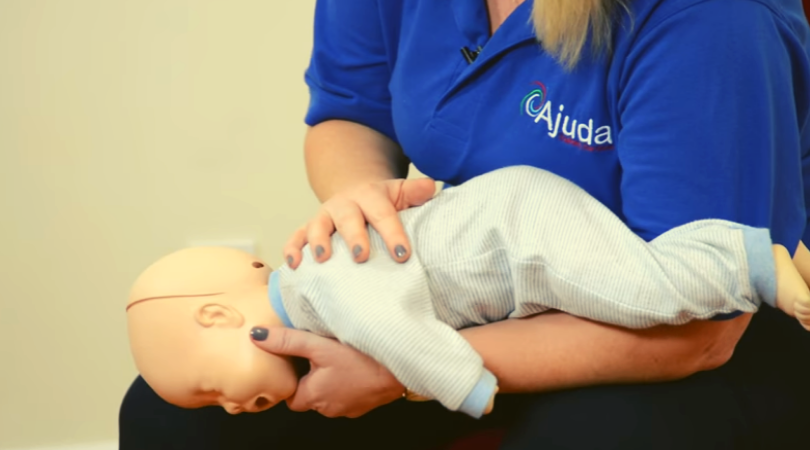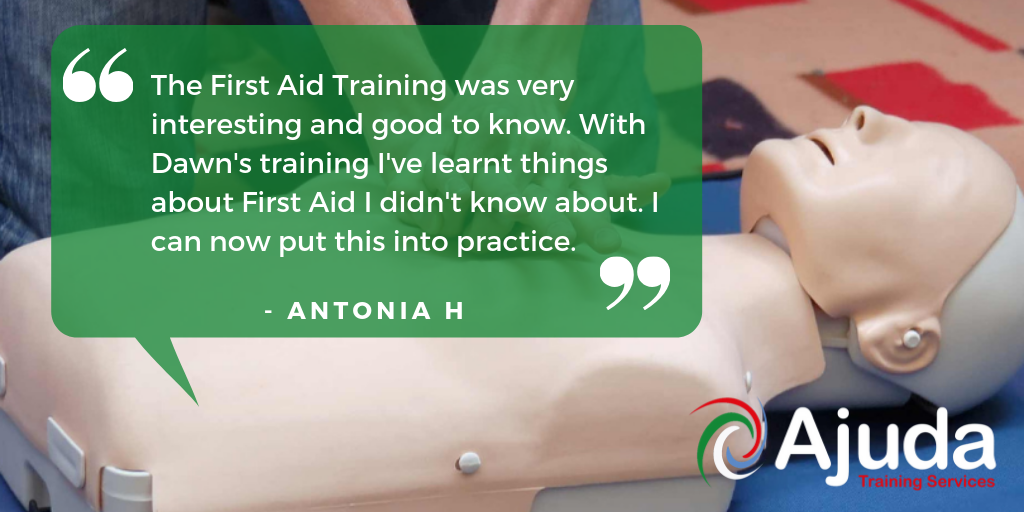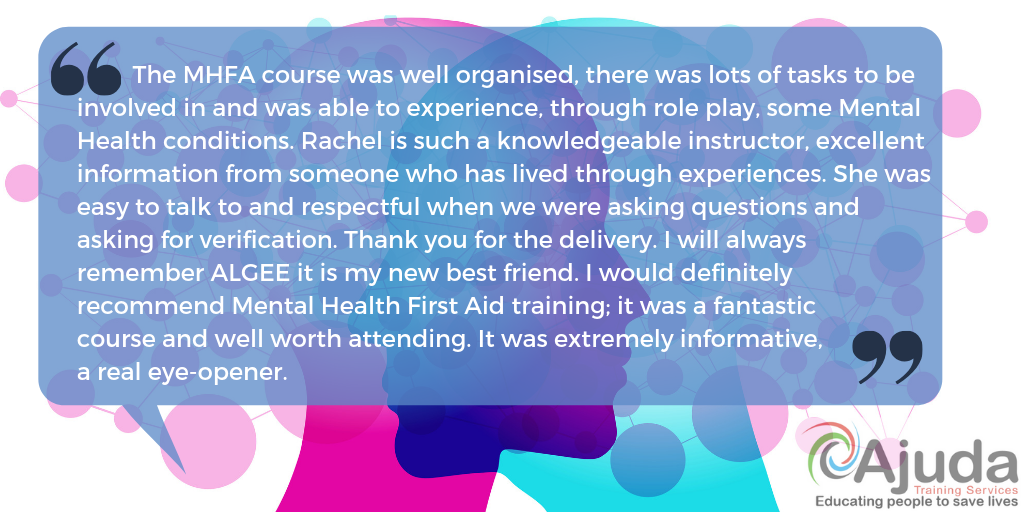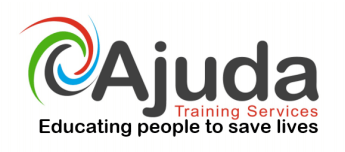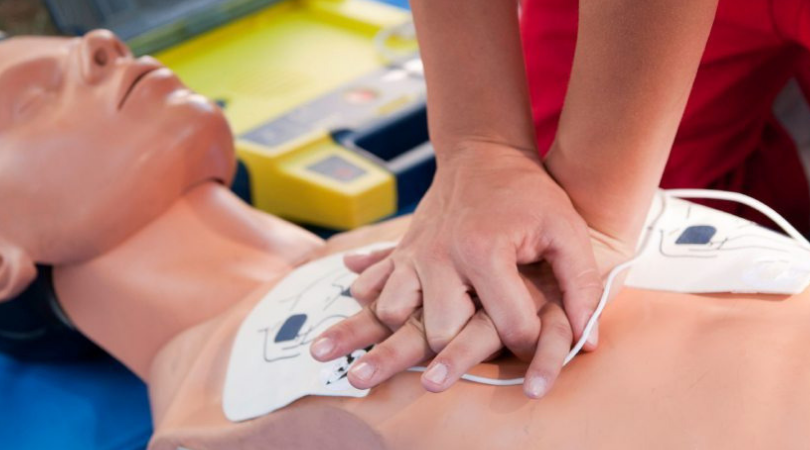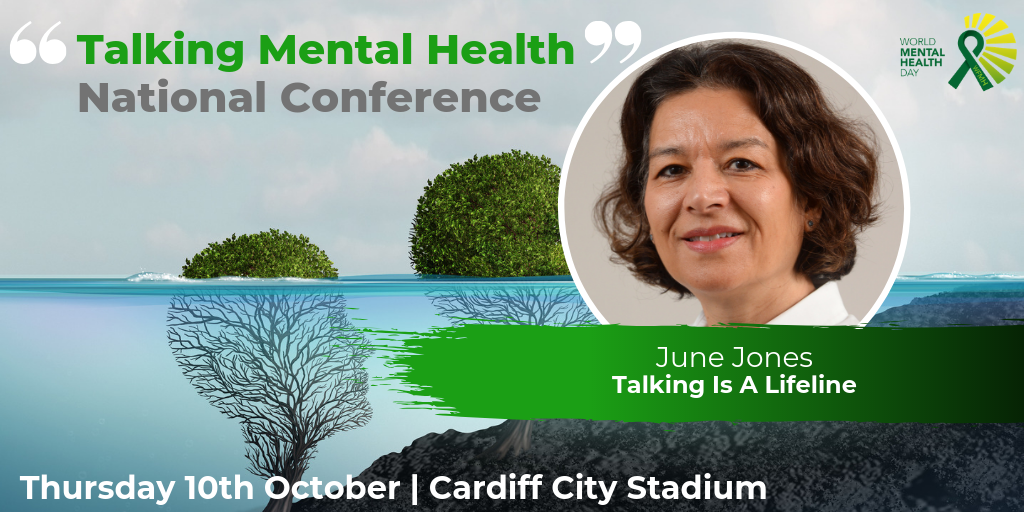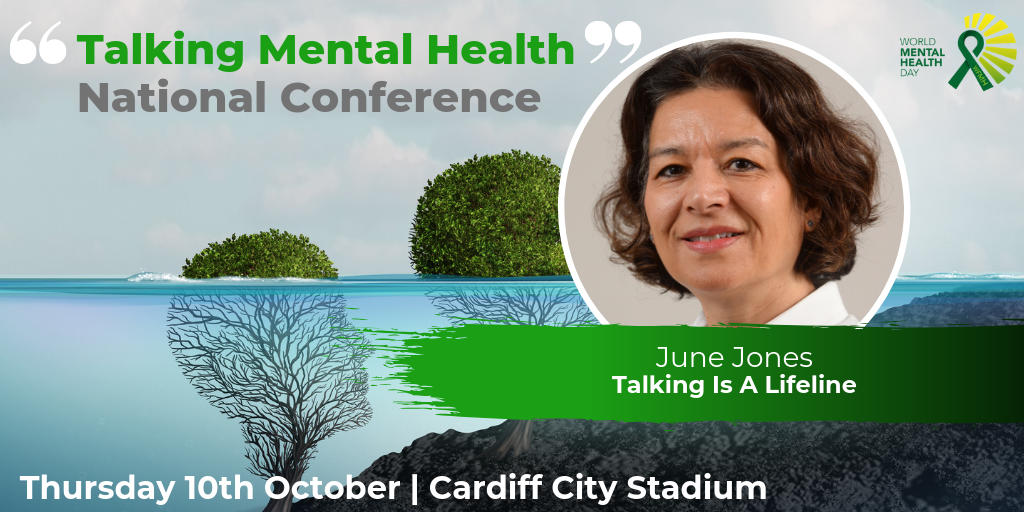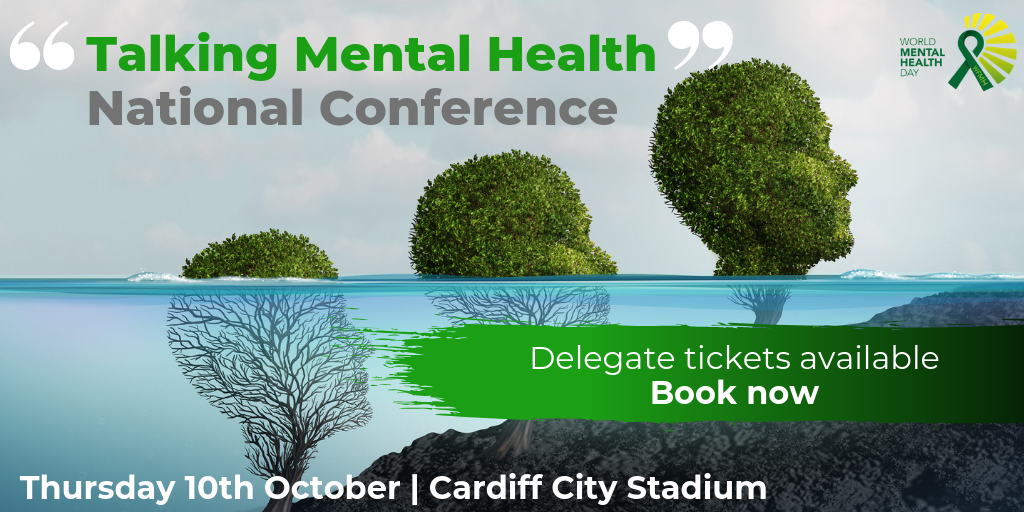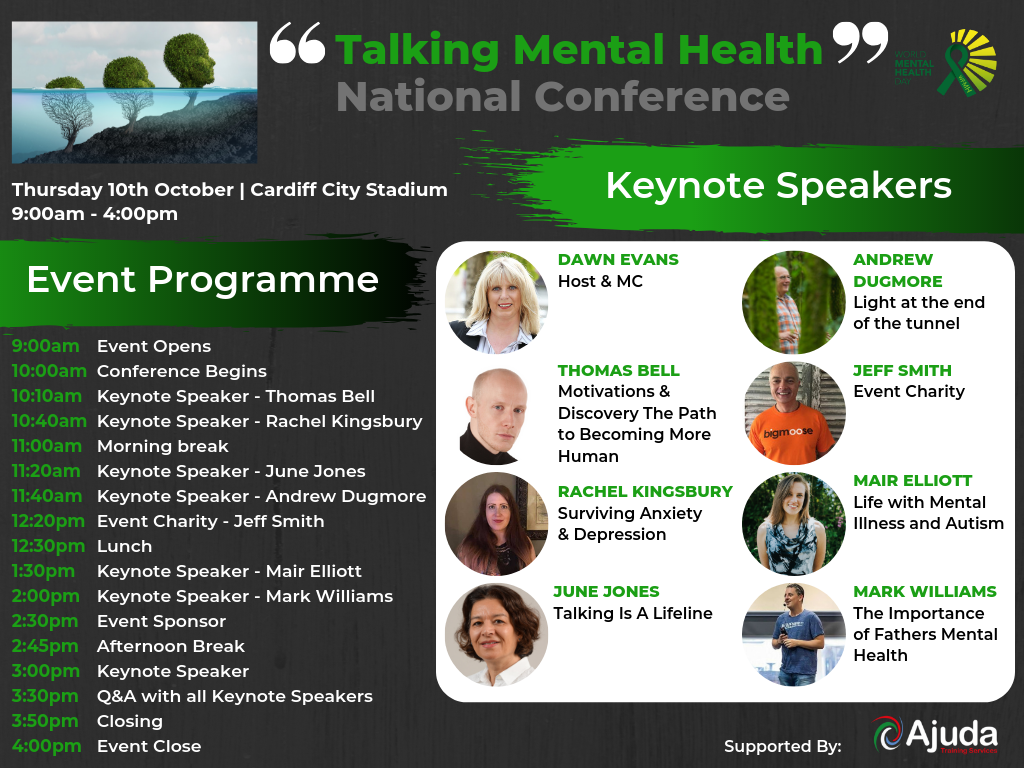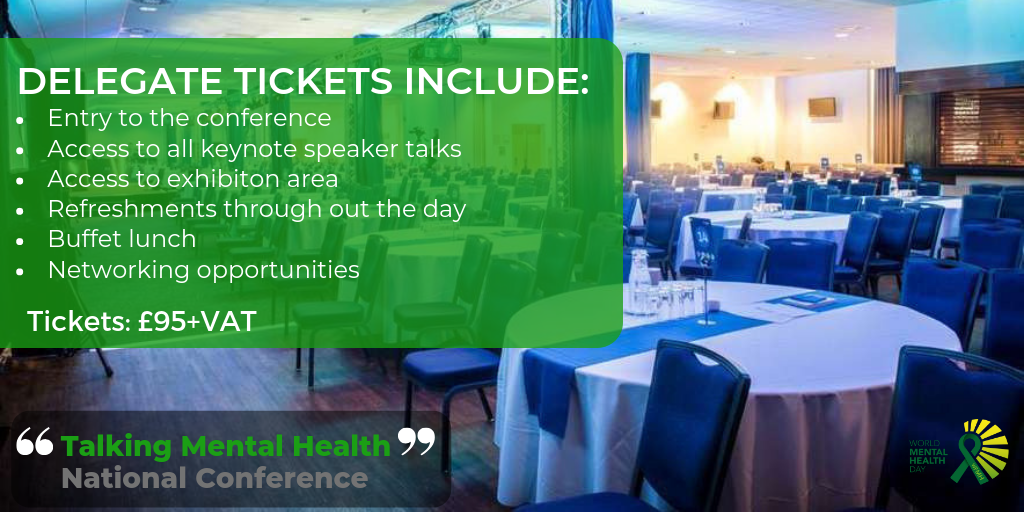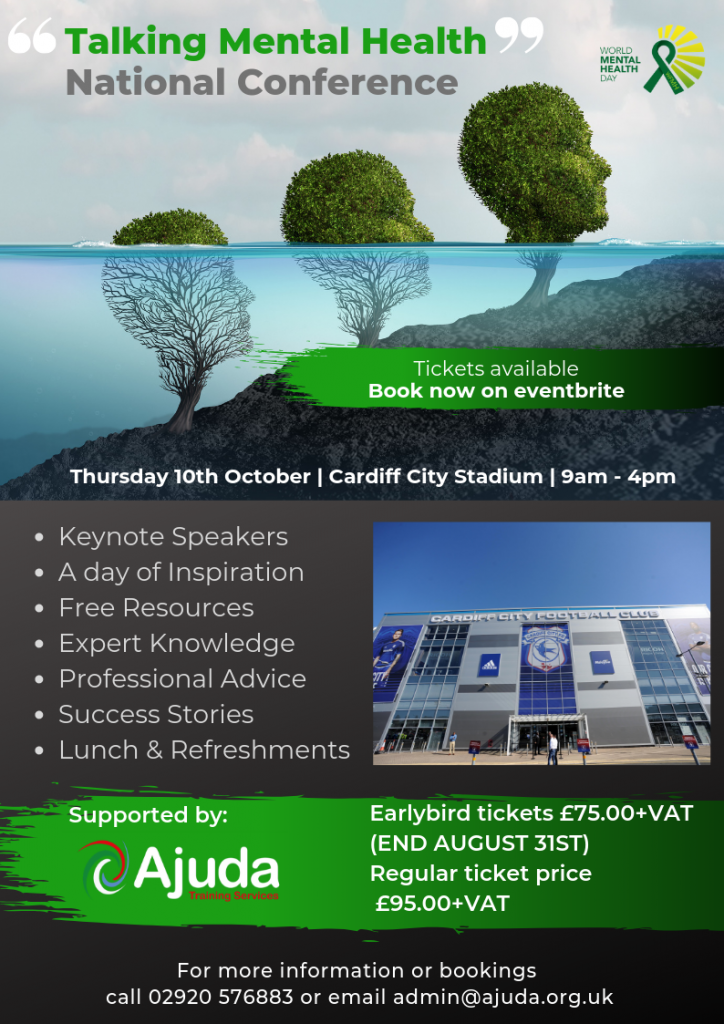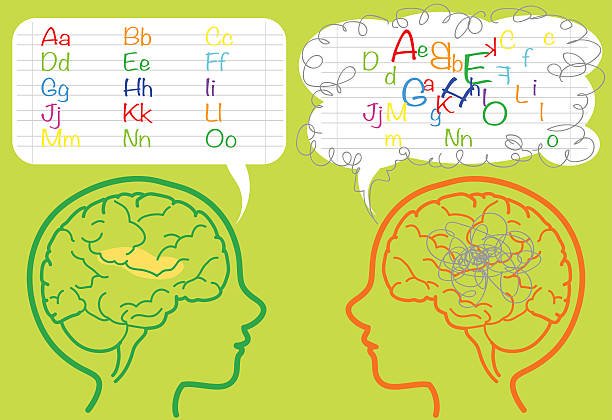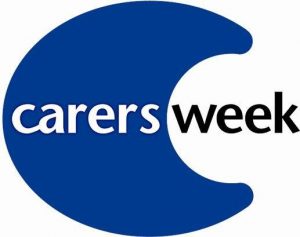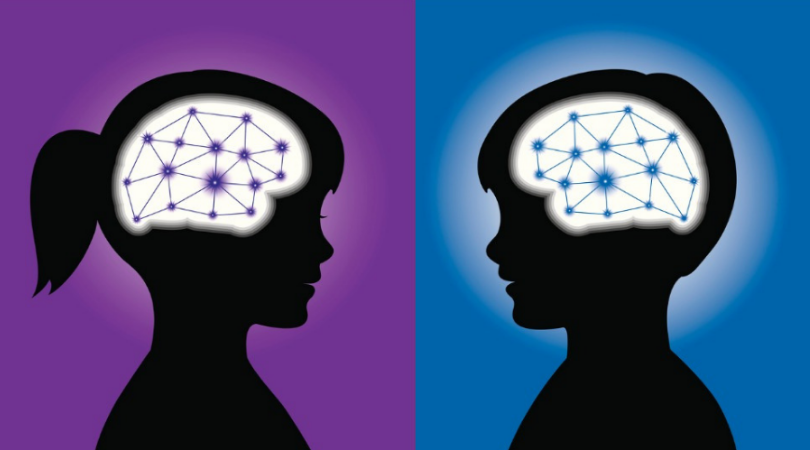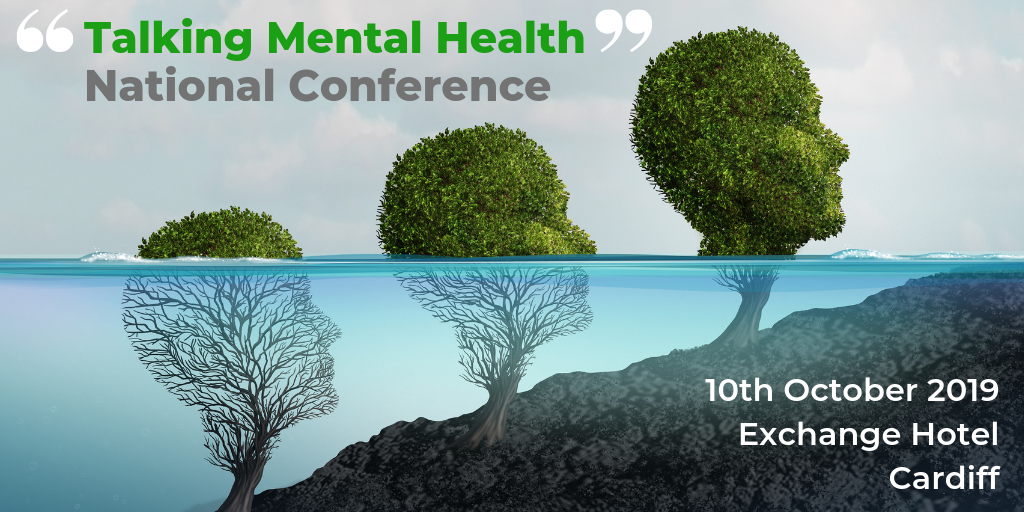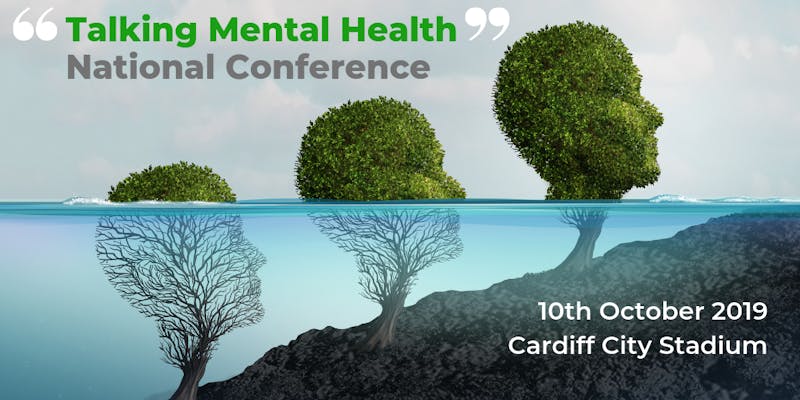This week on the 27th of June the world acknowledges PTSD Awareness Day to help raise knowledge, understanding and awareness of the causes and symptoms of PTSD, and how we can support those who are suffering with it in their daily lives.
The date of PTSD Awareness Day has been selected for a poignant but heartbreaking reason. In 2007, Staff Sergeant Joe Biel died after suffering from PTSD; Biel committed suicide after his return from duty to his home state. SSgt. Biel’s birthday, June 27, was selected as the official PTSD Awareness Day, which is now observed every year.
Suffering with PTSD can take over a life, and make people feel like there is no way out of their mental struggles – but there are ways that everyone can help them understand their feelings and realise that support is available out there to them.
This week, our blog will provide an overview of some signs and symptoms of PTSD, and ways that we can provide support to those living with the condition.
PTSD: What is it?
PTSD (Post Traumatic Stress Disorder) is a mental health condition which can develop after a person has survived, or sometimes witnessed, a traumatic or violent life-changing event. People who have experienced events and circumstances such as military combat, sexual assault, road traffic accidents, bereavement of a loved one, terrorist attacks, traumatic childbirth and more could develop PTSD in the aftermath.
Due to the level of trauma the incident has caused, sometimes our brains cannot process the event fully, which can cause the person to develop PTSD as the brain attempts to process what has happened.
Signs and Symptoms (provided by PTSDUK website)
Increased anxiety and emotional arousal
- Hypervigilance (On constant ‘red alert’)
- Intense physical reactions to reminders of the event (e.g. Pounding heart, nausea, muscle tension, sweating)
- Irritability or outbursts of anger
- Irrational and intense fear
- Reduced tolerance to noise (hyperacusis)
- Difficulty concentrating
- Being easily moved to tears
- Panic attacks/anxiety/depression/mood swings
- Feeling jumpy and easily startled
- Difficulty falling or staying asleep
- Anger or aggressive behaviour
- Tense muscles
Avoidance and numbing
- Work-related or relationship problems
- Inability to remember important aspect of the trauma
- Loss of interest in activities and life in general
- Sense of a limited future
- Feeling numb and empty
- Avoidance of people and places
- Feeling isolated
- Frequent periods of withdrawal into oneself
Re-experiencing the traumatic event
- Flashbacks (Acting or feeling like the event is happening again)
- Nightmares (either of the event or of other frightening things)
- Feelings of intense distress when reminded of the trauma
Other common symptoms
- Feeling suicidal
- Self harm and self-destructive tendencies
- Feeling distrustful and suspicious/blaming others
- Guilt, Shame, embarrassment or self blame
- Misuse of alcohol/drugs/gambling and/or food
- Exhaustion
- Seeking out high-risk/dangerous pursuits
- Physical aches and pains
- Over-reactions to minor situations
- Fear of being alone and fear of being in crowds
Ways you can help.
If you have a friend, loved one or colleague suffering with PTSD, you have already taken a great first step by reading this blog and other websites for advice and to learn more about the condition. Having PTSD can cause feelings of isolation, so being around for them, talking about things they want to talk about, and making it clear you are dedicated to helping them recover are the next steps.
Depending on the person, they may want to talk about the experience, or alternatively want to avoid conversations like that altogether. It’s important to allow the affected person to “lead the way” and let them make decisions on what they want to do. This will help them to feel in control of their environment and actions, which is important for recovery.
Many of the treatments of PTSD are dependant on how the individual is coping with the condition. Steps that can aid the recovery can be developing routines, reinforcing trust, having something to look forward to in the future, reminding the person that they are valued and important and many more. There are so many different ways of supporting someone with PTSD, and people will respond to different things so it can be a case of trying different things and making note of what works and what doesn’t for the person you are supporting.
—–
If you would like further support and guidance for dealing with the condition, PTSD is covered in Ajuda’s Mental Health Courses, which are run monthly in our Cardiff Bay Training Academy. We can also offer this training in a venue of your choice for a group of 12 people.
Ajuda currently offer Mental Health First Aid, Youth Mental Health First Aid, and Level 1 in Mental Health Awareness. You can view and book our Mental Health courses here: https://www.ajuda.org.uk/product-category/courses/mental-health-first-aid/
Useful Links:
PTSD UK: https://www.ptsduk.org/
Mind: www.mind.org.uk
Rethink Mental Illness: https://www.rethink.org/diagnosis-treatment/conditions/post-traumatic-stress-disorder
SANE: http://www.sane.org.uk/home
